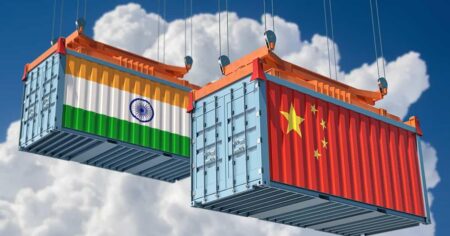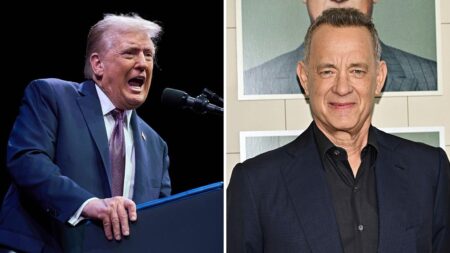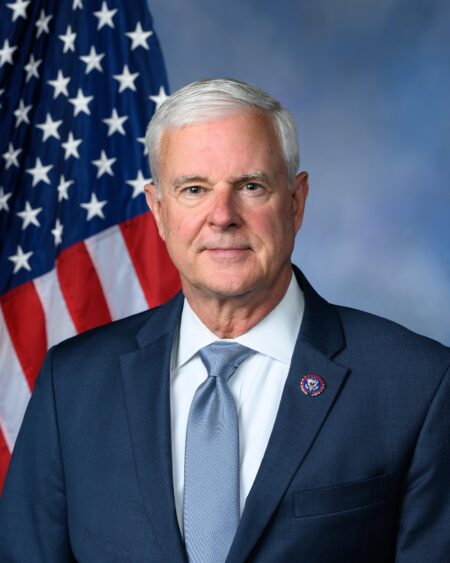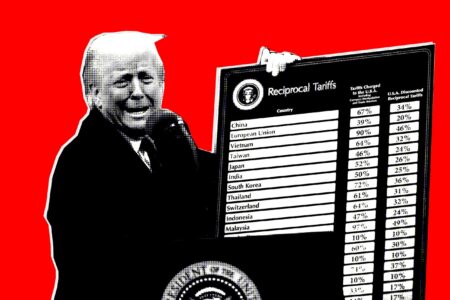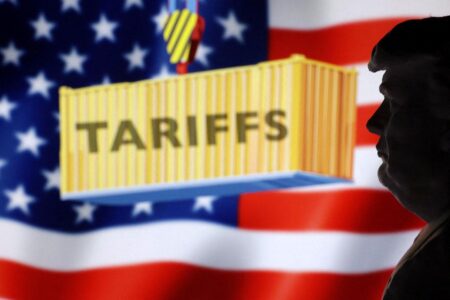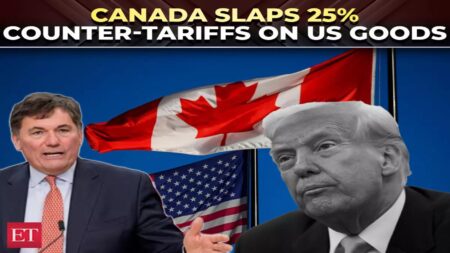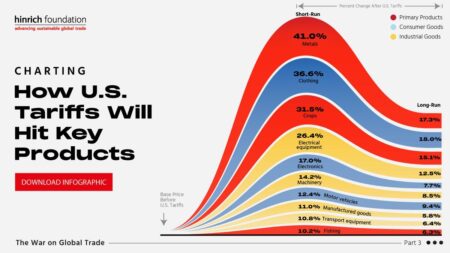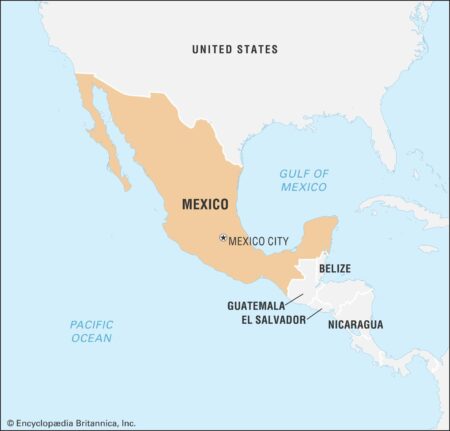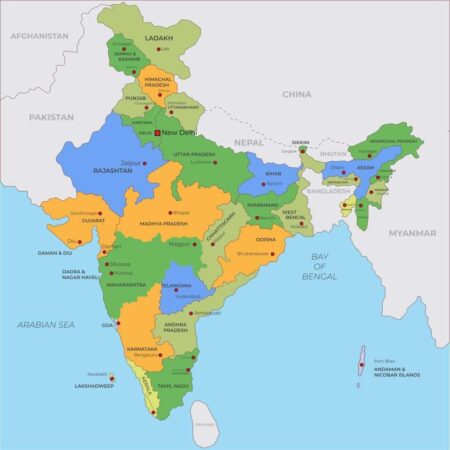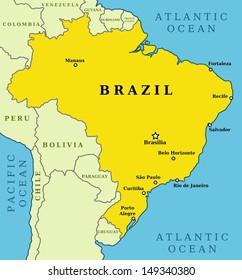Morgan Stanley shines a spotlight on the evolving dynamics of India-China trade, uncovering how shifting supply chains and new policies are transforming the market landscape. The report explores thrilling future opportunities arising amid rising geopolitical tensions and significant economic realignments
Browsing: trade policy
Mexican tariffs on Korean-made vehicles are handing Japanese automakers a significant advantage in the region. With lower import duties, Japan’s carmakers can deliver more attractive prices, leaving their Korean competitors struggling to keep up, reports The Japan Times
Former US President Donald Trump has eased his tariff position and reignited talks with Indian PM Narendra Modi, fueling excitement for a new era of partnership. Modi welcomed the move enthusiastically, hinting at the promise of deeper and stronger bilateral relations ahead
U.S. Congressman Jackson fiercely criticized former President Trump’s tariffs on Indian goods, calling them a harmful blow to the crucial trade ties between the two countries. He urged for a bold new diplomatic strategy to reinvigorate and strengthen the economic and strategic bonds between the U.S. and India
Farmers sound the alarm as Brazil’s trade barriers disrupt the ethanol market, sparking export chaos and sending prices on a wild ride. Industry leaders urge swift action to remove restrictions and ensure a stable, prosperous future for the sector
China has put off its final call in the intense canola trade standoff with key supplier Canada, Reuters reveals. This unexpected delay deepens the uncertainty for exporters caught in the midst of an already strained bilateral relationship
Japan enthusiastically embraces President Trump’s directive to cut tariffs on automobiles and other goods, igniting hope for stronger trade relations and exciting economic benefits for both nations, ABC News reports
Trump intensifies his attacks on India amid soaring tariff tensions, while analyst Bessent forecasts the Supreme Court will uphold the tariffs. Stay tuned for live updates on this heated trade showdown!
In a landmark US Supreme Court case on tariffs, former President Trump spotlighted India, linking the dispute directly to the ongoing Ukraine-Russia conflict. This powerful appeal highlights how global geopolitical tensions are dramatically influencing today’s trade policies
The Guardian explores how Donald Trump’s tariff war dramatically transformed global trade, unexpectedly amplifying China’s power while severely straining US-India relations. This editorial unravels the complex and far-reaching impacts on the geopolitical landscape
US companies operating in China are standing their ground despite soaring tariffs, highlighting intricate supply chains and strong market connections. Many confess they feel “trapped,” as relocating operations would be both expensive and extremely difficult
Most of Canada’s counter-tariffs on U.S. goods have now been lifted, marking a significant step toward easing trade tensions between the two countries. This encouraging progress follows months of intense negotiations aimed at restoring a smoother and more collaborative bilateral trade relationship
Over 30 countries have hit pause or tightened shipments to the U.S., fueled by trade disputes and regulatory concerns. This disruption is shaking up supply chains and sending shockwaves through industries reliant on global imports
A Trump adviser directly linked US tariffs on India to the Russia-Ukraine conflict, boldly calling it “Modi’s war.” This provocative statement highlights the escalating tensions driven by trade battles and geopolitical rivalries, as reported by BBC
Brazil is boldly rethinking its approach in the wake of recent U.S. tariffs impacting key exports. Officials in BrasÃlia are actively exploring fresh trade strategies during ongoing negotiations, committed to protecting Brazilian industries and ensuring uninterrupted access to global markets
This week in Mexico: trade talks with Brazil are heating up, new tariffs on Chinese imports have taken effect, and political tensions are soaring with fiery televised attacks as elections draw near. These pivotal events promise to reshape Mexico’s economic and political future
India has unveiled a bold new strategy to tackle the economic hurdles created by Trump’s 50% tariffs on key exports. This dynamic plan aims to boost trade partnerships and empower domestic industries, fueling long-term growth and resilience
Japan Post has paused certain US-bound mail services following the US decision to end duty exemptions. This shift affects parcels that previously sailed through without import fees, disrupting the flow of cross-border shipping between Japan and the United States
Canadian online sellers are gearing up for the end of duty-free shipping to the U.S., confronting higher costs and potential declines in sales. This marks a significant turning point in cross-border e-commerce, CBC reports
Brazil has launched new antidumping measures on polyethylene imports to protect its domestic producers. This decisive move is set to disrupt global supply chains and may spark notable price changes in international markets

